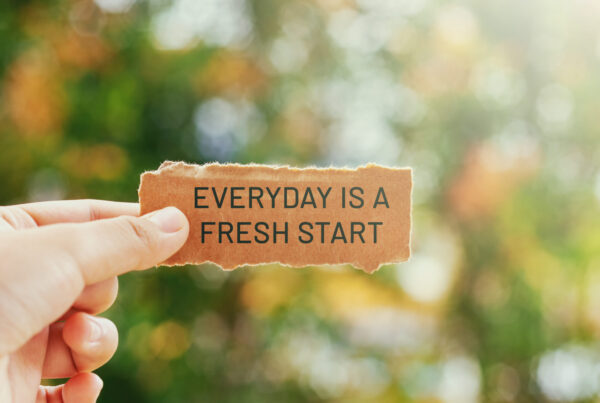By: Jason M. Jowers, MS, MFT

Stress and anxiety can sometimes make it hard to focus on the good and simple things in life. We all have bad days, where the negatives seem to outweigh the positives. How can we foster experiences of happiness, gratitude, contentment, and love during times of hardship? These positive emotions play a pivotal role in our ability to cope through adversity.
Dr. Michele Tugade, Professor in the Department of Psychological Science at Vassar College, presents this two minute lecture series on how experiencing positive emotions actually increases resilience when we face adversity. But what is resilience? According to Tugade, resilience is the ability to “bounce back” after experiencing stress.
She specializes in the field of Positive Psychology, which focuses on positive emotions and people’s strengths when facing difficult times. She gives insight on the role that positive emotions can play; that they can be a time for reflection where you can broaden your scope of thoughts and can lead to seeing the world in a new light. These emotions also build up important resources and a bank of accumulated positivity that people can access during difficult times.
Dr. Tugade doesn’t discount the experiences of negative emotions either. In fact, she highlights their benefits as part of the human experience. When we face a challenge or a stressor, negative emotions like anger and fear prepare and motivate us to either face that challenge head on or to live to fight another day.
Putting positivity into practice can be as simple as smiling at a stranger you pass on the sidewalk or holding the door open for someone. Small acts of kindness like these can go a long way with people.
Want to learn more about positive emotions and resilience? OneOp Family Development has resources for you! Be sure to check out one of our past blog’s here on using positive emotions in everyday life. Also, watch our webinar, “Bending, Not Breaking: Resilience and the Role of Positive Emotions during Times of Stress,” from our 2017 Virtual Learning Conference.
References
Don’t Worry, Be Happy. (2009). Retrieved from: https://www.youtube.com/watch?v=SQ6Vv8gHq8w
This post was written by Jason M. Jowers, MS, MFT, of OneOp. His team aims to support the development of professionals working with military families. Find out more about OneOp on our Facebook and Twitter. You can also listen to our Anchored. podcast series via iTunes and our website.
Blog Image: Photo from Pixabay [Emoticons by freeGraphicToday on November 25, 2017, CC0]












